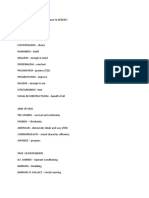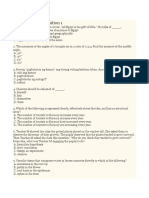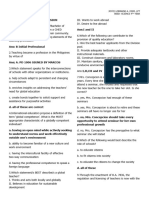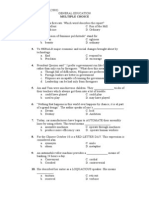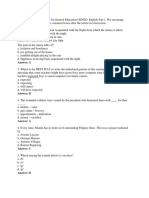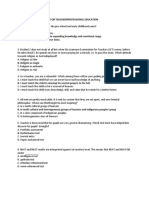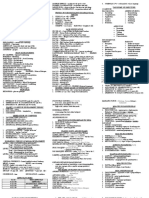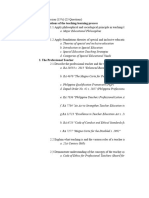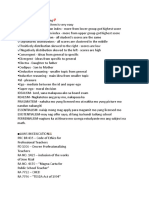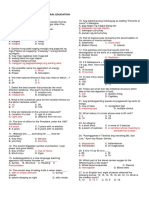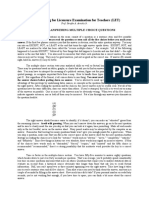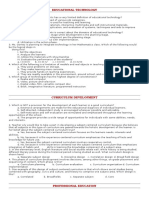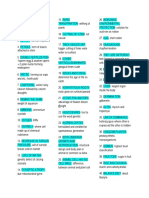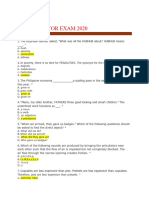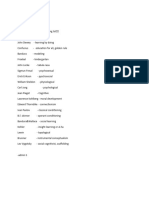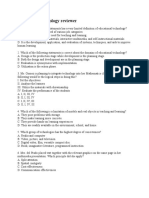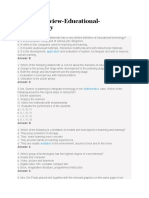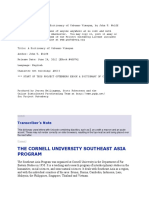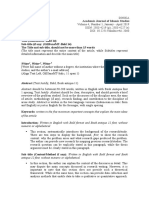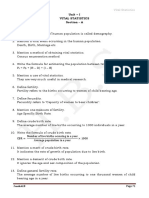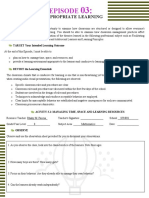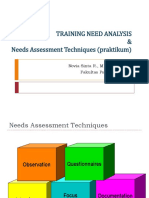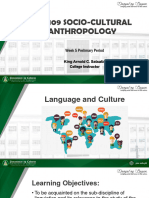100% found this document useful (1 vote)
368 views3 pagesPRINCIPLES
This document discusses numerous theories of learning and motivation as well as their prominent proponents. It covers psychodynamic, behavioral, cognitive, humanist, and social theories. Some of the key figures mentioned include Freud, Erikson, Bronfenbrenner, Vygotsky, Piaget, Maslow, Skinner, Bandura, Ausubel, Bruner, Gardner, Lewin, and Vygotsky. It also outlines philosophical foundations of education such as idealism, realism, behaviorism, existentialism, pragmatism, and constructivism. Finally, it lists several important laws related to education in the Philippines.
Uploaded by
June DalumpinesCopyright
© © All Rights Reserved
We take content rights seriously. If you suspect this is your content, claim it here.
Available Formats
Download as DOCX, PDF, TXT or read online on Scribd
100% found this document useful (1 vote)
368 views3 pagesPRINCIPLES
This document discusses numerous theories of learning and motivation as well as their prominent proponents. It covers psychodynamic, behavioral, cognitive, humanist, and social theories. Some of the key figures mentioned include Freud, Erikson, Bronfenbrenner, Vygotsky, Piaget, Maslow, Skinner, Bandura, Ausubel, Bruner, Gardner, Lewin, and Vygotsky. It also outlines philosophical foundations of education such as idealism, realism, behaviorism, existentialism, pragmatism, and constructivism. Finally, it lists several important laws related to education in the Philippines.
Uploaded by
June DalumpinesCopyright
© © All Rights Reserved
We take content rights seriously. If you suspect this is your content, claim it here.
Available Formats
Download as DOCX, PDF, TXT or read online on Scribd
/ 3



